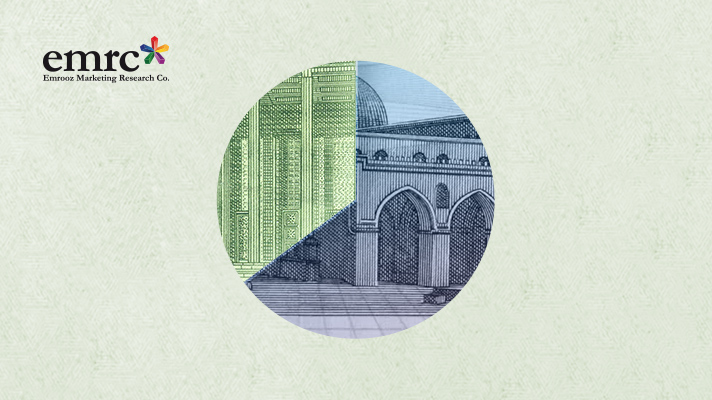
65% of Iranians Believe Budget Is Not Closely Monitored
After submission of the Budget Bill to the Majlis by the President, a wave of media uproar was waged with many experts commenting on the division of budget sections: Expert comments to understand which requires precise information. But the division of the annual budget directly affects the lives of the public as a whole. People who are not contacted by the media and experts: People whose views should be carefully examined and their awareness of the budget bill should be analyzed. Emrouz Marketing Research Company (EMRC), on the threshold of the new calendar year, has launched a new research to “measure the awareness of the people in the society about the budget related topics” which has produced remarkable results. In this study both women and men as well as the majority of respondents (over 85%) were between 21 and 40. The data was collected through a questionnaire.
Results of the Study
Little knowledge of the society about budget-related issues
Gaining information on people’s awareness about the budget is one of the important issues that have been studied in this research. According to the studies, the people’s knowledge in this regard is not significant and indicates lack of public awareness about the important issue of the budget. In this research, the respondents were asked: “In your opinion, what is the share of each Iranian of the public budget expenditures in the year 1398 (2019/20)?”
The share of each Iranian of the public expenditures in 1398 (2019/20) is about IRR 50 million per year. However, more than half of the respondents (54%) were unaware of it, and only 23% gave the correct answer. In general, the interest in getting information about the budget and its related news is low among the respondents. The same outlook applies to other questions in this research.
Share of government general budget from oil sales in 1398 (2019/20)
Oil is the main supplier of the budget which has made Iran oil-depended for many years and people have heard this during their lifetime. But, it seems that the respondents only suffice to their own hearings in this regard. In this study, the audiences were asked: “In your opinion how much of the oil sales belong to the government general budget?” The answer to this question is more than 65% of the oil sales belong to the general budget: An answer that can be easily achieved by searching the cyberspace, while only 33% of the respondents were gave the right answer.
Oil dependence in 1398 budget
In our country, we have always been talking about reducing dependence on oil exports: A decline that would boost other industries in the country, but the dependence on oil continues and the industries have not yet been able to account for a significant share of the oil exports. This point was included in the question: “In your opinion what changes have occurred in oil dependence in 1398 compared to 1397? (By dependence we mean the percentage of oil sales outlined in the total budget)” which was asked from the research participants. The dependence of the budget on the oil revenues in 1398 has increased compared to the year before. But only 29% of the respondents answered the question correctly while 57% believed that this dependency would decrease.
Tax revenues also affect the budget, but still the audience and the general public do not know much about this effect. Some 38% of government general resources in 1398 are obtained through tax revenues while only 30% of the respondents have picked the correct answer.
Society’s view on budget compliance with sound planning
Since the past year, market challenges and the sudden rise in prices of products have made the general public confused: A confusion that has caused a significant percentage of the people believe that in budget setting a sound planning is not pursued. According to the statistics, 78% of Iranians believe that in general the country’s budget does not match with correct planning. Such a view has been observed by the people between 21 and 30 years of age: People who are at the age of entering into the job market, and with regard to the response they have given, their mental condition can easily be examined.
The research indicated that a significant percentage of the people were aware of the necessity of setting the budget. For 68% of the people, the need for the state budget that creates coordination between cost and expenditure, provides the possibility for financial planning, adoption of counter-cyclical financial policies, and accomplishing the tasks that the government and the Majlis have been mandated by the law and the promises they have given, is clear. But, at the same time, 65% of the Iranians believe that there is no strict monitoring over the implementation of the budget bill. The research participants have certainly come to such a conclusion on the basis of how the budget has been implemented in recent years, and such an outlook only changes through the proper planning and execution of the budget bill and provision of accurate information about such processes.
In general, if people’s awareness of the details of the budget bill is increased, the government will proceed more carefully about its implementation because, if it is not implemented properly, it would be accountable to the community.






